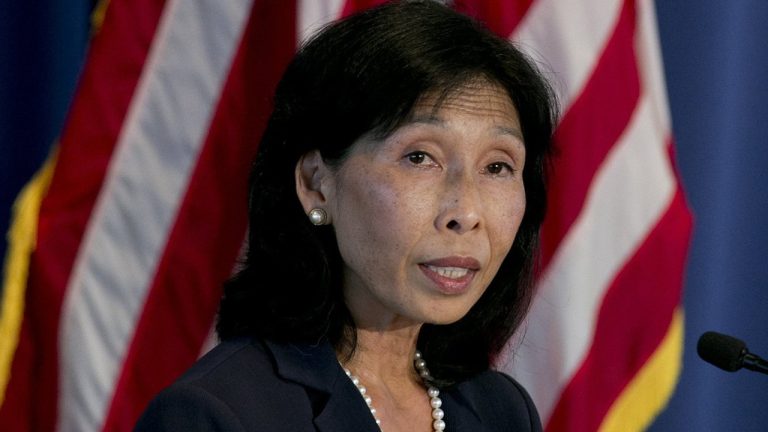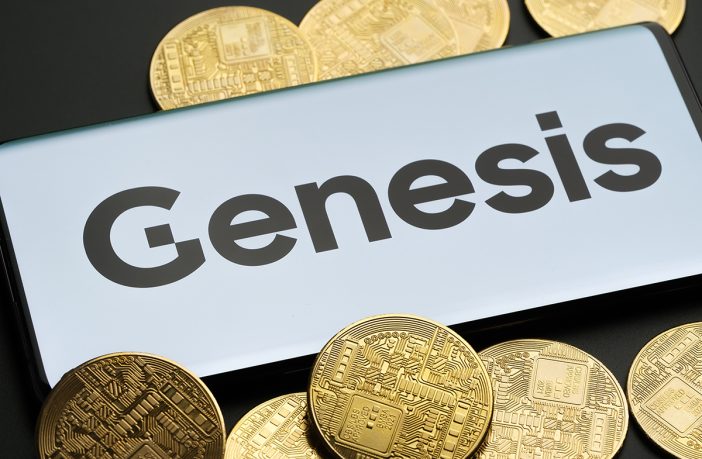
On March 1, 2023, Nellie Liang, undersecretary for domestic finance at the U.S. Treasury, delivered a speech to the Atlantic Council in Washington concerning the subject of central bank digital currencies (CBDCs). Liang detailed during her speech that a CBDC is one of several options for “upgrading the legacy capabilities of central bank money,” and members of the Treasury, Biden administration and the Federal Reserve “will begin to meet regularly” to discuss the topic.
U.S. Treasury’s Nellie Liang Discusses Key Considerations in Developing a CBDC
The undersecretary for domestic finance at the U.S. Treasury, Nellie Liang, gave a speech at the Atlantic Council titled “Next Steps in the Future of Money and Payments.” During the speech, Liang discussed U.S. President Joe Biden’s executive order, which called on the government to develop an approach for the digital currency sector. Liang also referenced the collapse of some crypto businesses last year, “runs on stablecoins,” and the “commingling of customer and firm assets.”
“All of these calamities reinforce the recommendations made for regulators to vigorously enforce existing laws to protect consumers,” Liang said. Her speech primarily focused on central bank digital currencies (CBDCs) and how she believes “central banks are at the heart of the global monetary system.” She further noted that an important decision is whether the government creates a wholesale CBDC, retail CBDC, or both. Liang added that a CBDC will have “three core features.”
“First, a CBDC would be legal tender. Second, a CBDC would be convertible one-for-one into other forms of central bank money — reserve balances or paper currency. Third, a CBDC would clear and settle nearly instantly,” Liang said.
The senior Treasury representative said that a CBDC must address “global financial leadership,” “national security,” and “privacy,” but it also needs to deal with “illicit finance and inclusion.” She said the U.S. CBDC Working Group is focused on meeting these objectives and identifying trade-offs. Regarding inclusion, Liang noted that the U.S. has a large unbanked population and that a CBDC should be evaluated on whether it can promote “inclusion and equity in the delivery of financial services.”
Liang concluded her speech by mentioning that members of the U.S. government have plans to meet regularly to discuss CBDCs. She also emphasized that 11 countries have fully launched central bank digital currencies, and many other jurisdictions are dedicated to researching and developing the idea.
“In the coming months, leaders from Treasury, the Federal Reserve, and White House offices, including the Council of Economic Advisors, National Economic Council, National Security Council, and Office of Science and Technology Policy, will begin meeting regularly to discuss a possible CBDC and other payments innovations,” Liang said in her closing remarks.
What are your thoughts on the U.S. government’s plans to meet regularly to discuss CBDCs and other payment innovations? Share your thoughts about this subject in the comments section below.





